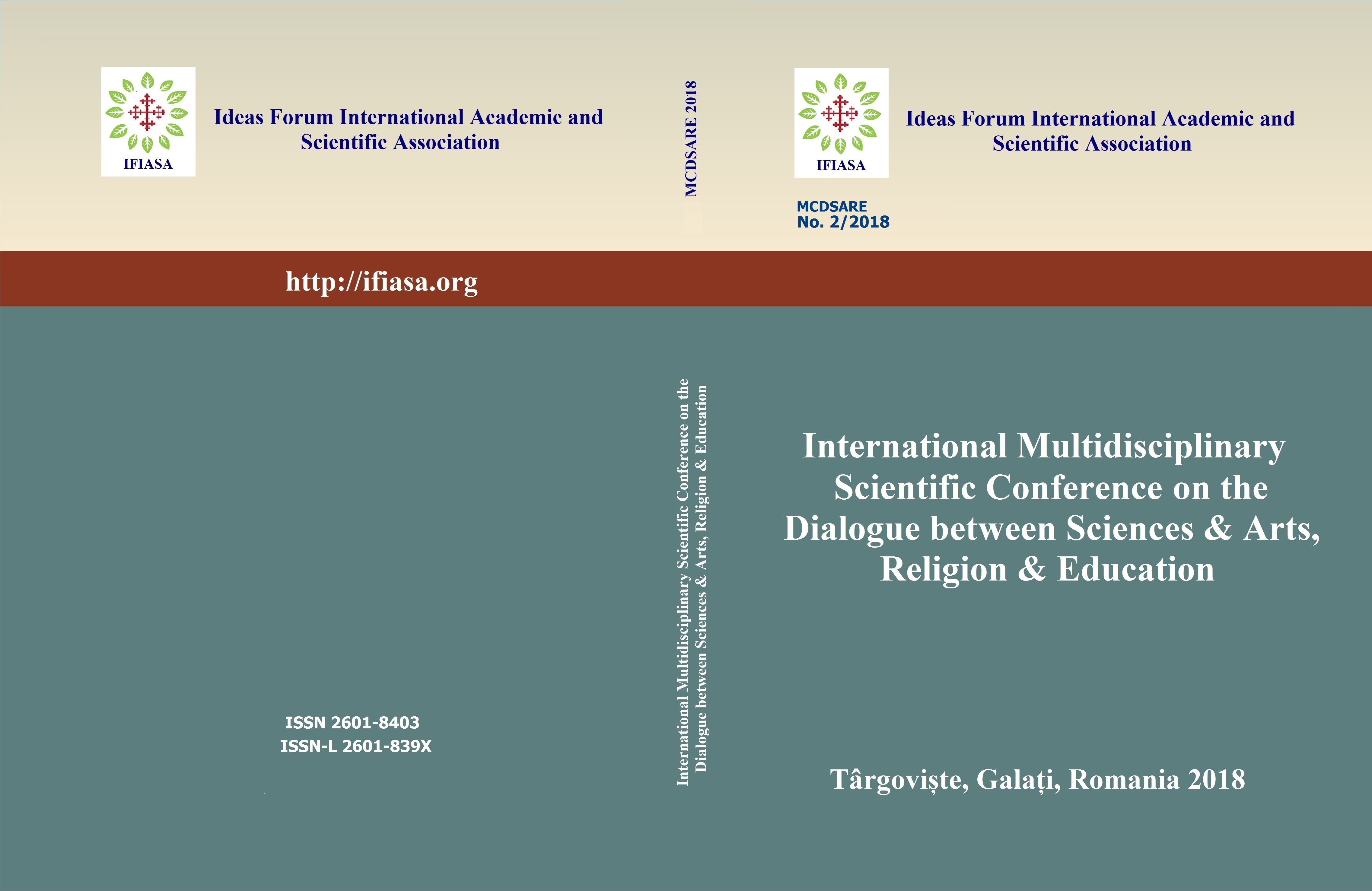IMPORTANT STAGES IN THE TRADITIONAL ARTISTIC EDUCATION IN THE 18TH CENTURY – 20TH CENTURY
IMPORTANT STAGES IN THE TRADITIONAL ARTISTIC EDUCATION IN THE 18TH CENTURY – 20TH CENTURY
Author(s): Miruna DraguşinSubject(s): Social Sciences, Fine Arts / Performing Arts
Published by: Ideas Forum International Academic and Scientific Association
Keywords: Pedagogical activity; professor; Christian educators; philosopher; social education;
Summary/Abstract: The outstanding personalities of their every epoch were concerned with education along centuries. Thepedagogical and didactic activity before Christ represents a major landmark for the present times and isthe richest source of inspiration and of acknowledgement of major universal values. History enrichedhumanity with valuable personalities since early times such as Socrates, whom we discover two basicideas referring to pedagogy that is “I’m aware that I don’t know anything”. Both Socrates and Plato andAristotle, through their writings start the science of pedagogy. Aristotle is the prototype of the professorand the promoter of progressive development of the human nature with him, the three sequences of theevolution of the soul: the corporality, sensitiveness and intelligibility need different approaches. The nextperiod brought great Christian educators on the scene of artistic education such as St. Basil the Great,Gregory of Nazianzus, St. John Chrysostom and Thomas Aquinas. These hold God before all aspirationsand events. The 17th century brings to the attention in the area of the education an important andcontroversial figure the philosopher and pedagogue Jean Jacques Rousseau who issued many ideas thatinfluenced new pedagogical trends. He realized that the aim of education is the rehabilitation of the socialman, and this rehabilitation should be made according the lows of God. The ideas of Jean JacquesRousseau are to be found with John Locke who initiated theories according with which the man is bornfree and uses his reason as he will. He criticizes the medieval education and deals with the children’seducation, attempting a particular teaching. He suggests courses for training in various jobs as: engraving,perfume making, drawing, etc. The essence of John Locke’s thinking consists in the fact that itapproaches an attentive observation of the inner soul of the child and of his temperamental features andabove all of the stages of physical and mental development. The personality who achieves for the firsttime in history solidarity between the productive activity and the educational one is Johann HeinrichPestalozzi, who starts a social educational establishment for children. The 20th century brings the focuson the child in school. The research made especially by Jean Piaget and Ellen Key demonstrate this.
- Issue Year: 2/2018
- Issue No: 2
- Page Range: 318-324
- Page Count: 7
- Language: English

